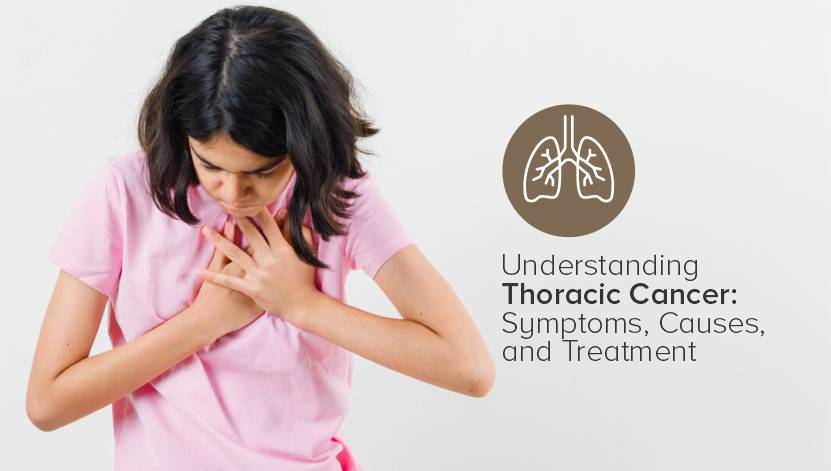Thoracic cancer refers to any type of cancer that originates in the chest area, including the lungs, esophagus, and chest muscles. This type of cancer can be devastating, affecting not only the health of the affected person but also their quality of life and ability to perform everyday tasks.
